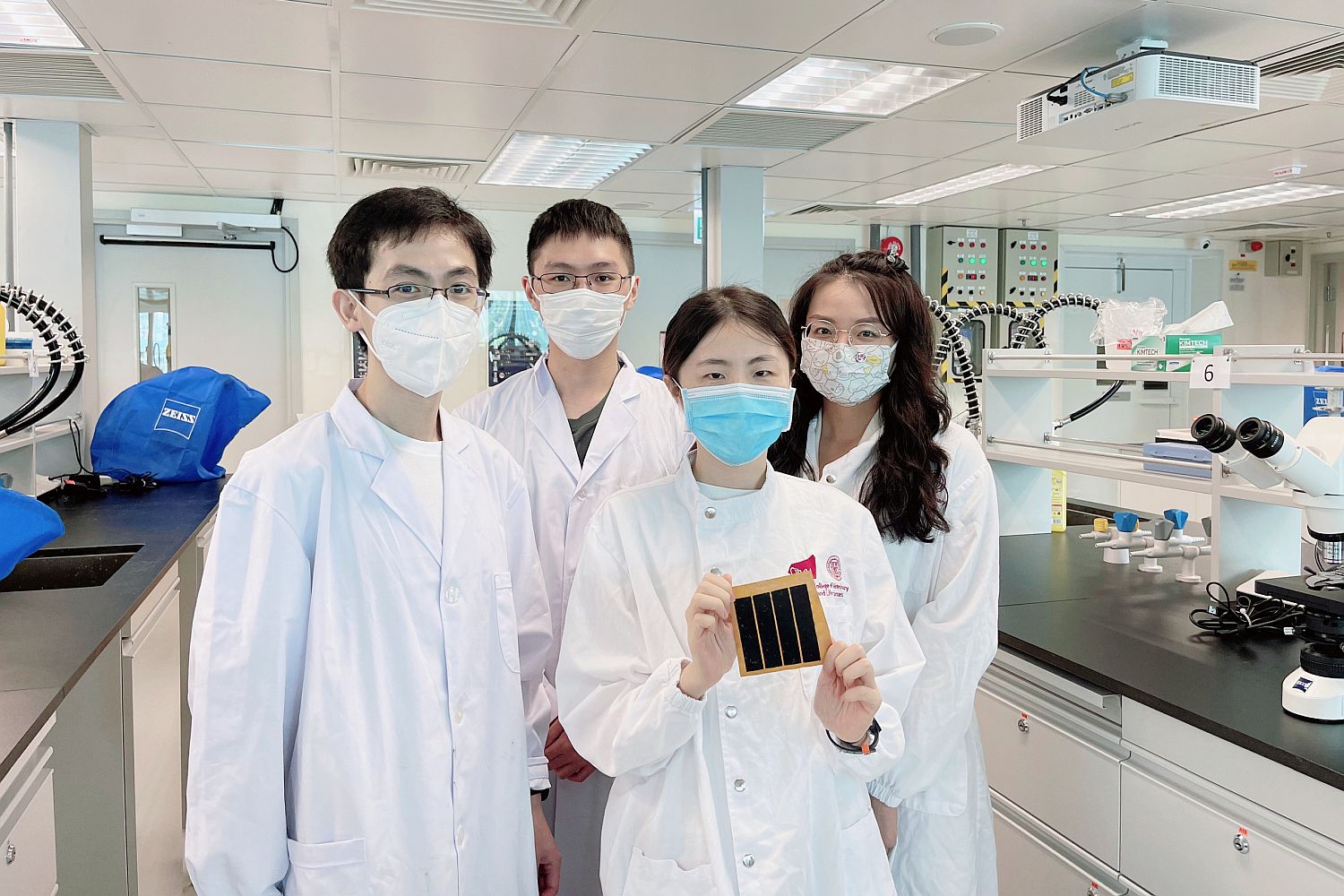Recirculating aquaculture systems (RASs) reuse water, helping overcome water and land scarcity that limiting the intensification and expansion of aquaculture. Since its introduction, RAS production has increased in volume at a compound annual growth rate of 14% per year and has a worldwide market estimated at €6.4 billion. However, the RAS requires high biomass culture density (kg/m3), raising concerns about water quality and disease outbreaks. Thus, RAS users need cost-efficient technologies to maintain water quality and control disease outbreaks within the system. Currently available solutions are mainly chlorination, ozonation and ultraviolet radiation. However, these disinfection approaches are limited because they are inefficient, labour-intensive, and environmentally unfriendly.
Our electrochemical reactor based on graphene is classified as electrochemical disinfection technology. This technology efficiently removes pollutants, degrades drugs, and inactivates microorganisms through the electrochemical oxidation of the electrode materials. Common alternative materials, such as Pt-, IrO2-, RuO2- and Ti-based electrodes, are too expensive to be applied in aquaculture and present other issues such as high energy consumption and high oxidant generation, which may pose a health threat to aquatic animals.
The graphene materials used in our reactor are less costly than other materials, and they are easy to fabricate in large batches. They also have the advantage of consuming less energy, generating fewer oxidants, and being highly efficient. The disinfection efficiency increases with the salinity of the water, so this has great potential as a cost-effective, green, and efficient disinfection technology in marine RASs.
Team members
Dr Huang Liqing (Postdoc, Jockey Club College of Veterinary Medicine and Life Sciences, CityU)
Dr Wu Yifan (China Agricultural University)
Dr Wong Pak-wai (Postdoc, School of Energy and Environment, CityU)
Dr Tan Zicong (Postdoc, Dept. of Chemistry, CityU)
* Person-in-charge
(Info based on the team's application form)
- CityU HK Tech 300 Seed Fund (2022)
